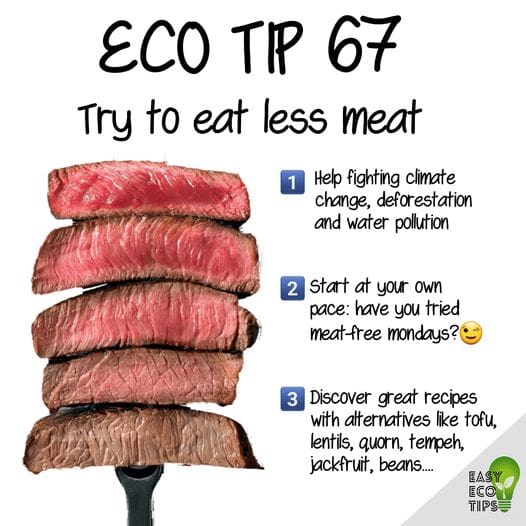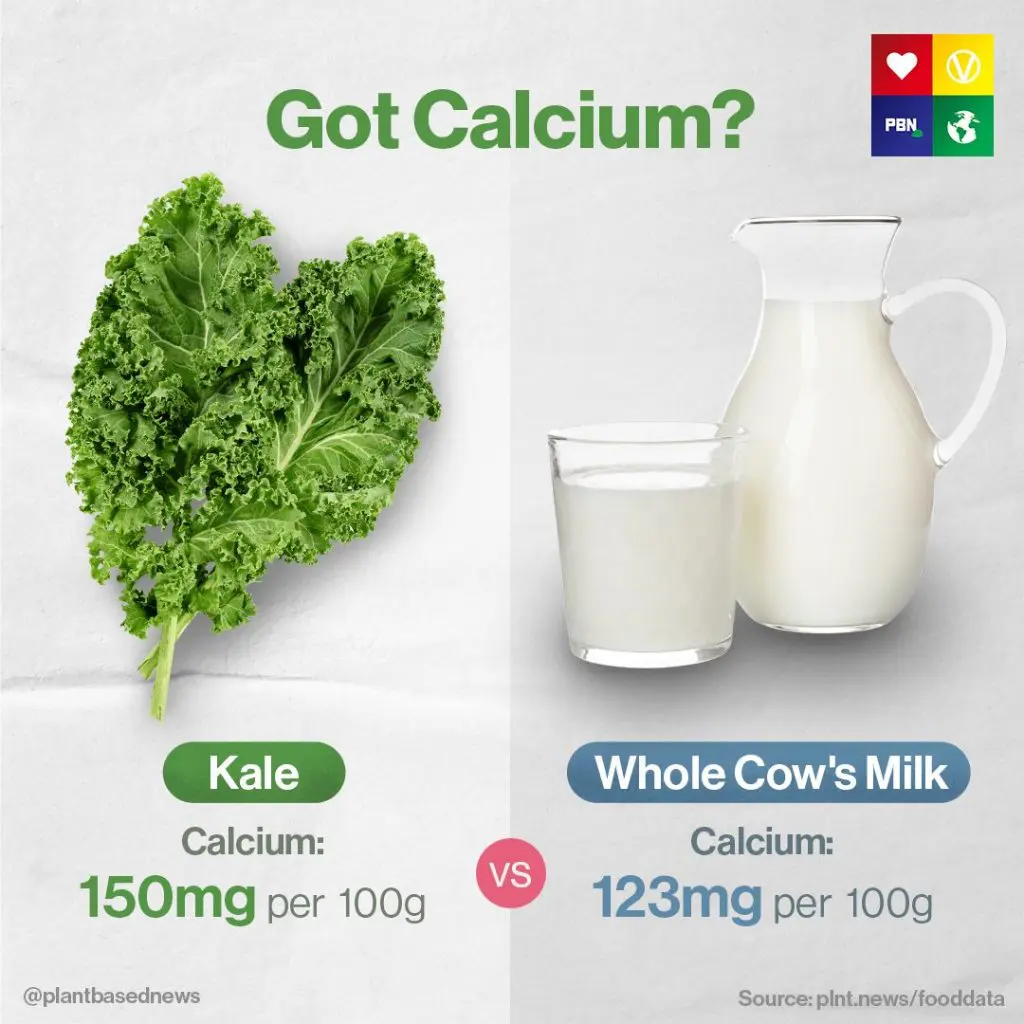Our dietary choices hold immense potential to shape the future of our planet. With animal agriculture driving deforestation, water scarcity, and greenhouse gas emissions, reducing meat and dairy consumption offers a tangible way to address these environmental challenges. By embracing plant-based alternatives, we can lower our carbon footprint, protect vital ecosystems, and conserve precious resources—all while supporting a more sustainable food system. Discover how simple changes on your plate can create lasting benefits for both the environment and global well-being
Welcome, eco-conscious readers, to our curated guide on the environmental argument for reducing meat and dairy consumption. In the face of escalating climate change and environmental degradation, it has become crucial to understand the impact of our dietary choices on the planet. Join us as we explore the reasons why opting for plant-based alternatives can make a significant difference in mitigating the adverse effects of animal agriculture.

The Carbon Footprint of Animal Agriculture
Animal agriculture is a major contributor to greenhouse gas emissions, primarily through methane released during livestock digestion and carbon dioxide emissions from transportation, deforestation, and processing. Surprisingly, the emissions from the agricultural sector often exceed those of the transportation industry! By cutting back on meat and dairy consumption, we can play an active role in reducing the carbon footprint associated with these industries, creating a healthier and more sustainable future.
Land Use and Deforestation
The production of meat and dairy products requires vast amounts of land, often leading to deforestation and habitat destruction. Clearing forests for grazing land and feed crop production not only contributes to climate change but also causes significant loss of biodiversity and habitat degradation. By reducing our consumption of animal products, we can free up land for reforestation and carbon sequestration, helping to counterbalance the impacts of deforestation caused by animal agriculture.

Water Consumption and Pollution
Meat and dairy industries are heavy consumers of freshwater resources. Raising livestock requires enormous amounts of water for drinking, irrigation of feed crops, and maintaining sanitary living conditions. For example, producing just 1 kilogram of beef can require up to 15,000 liters of water, compared to 1 liter of water for growing 1 kilogram of vegetables. This disparity underscores the unsustainable pressure meat and dairy industries place on freshwater systems.
Moreover, runoff from industrial livestock operations and the use of synthetic fertilizers leads to water pollution. Excess nutrients from manure and fertilizers enter rivers, lakes, and aquifers, causing problems such as eutrophication, which kills aquatic life and disrupts ecosystems. With climate change intensifying and freshwater becoming an increasingly scarce resource, reducing the demand for meat and dairy can alleviate some of these pressures.
The Role of Livestock in Antibiotic Resistance
Intensive animal farming practices frequently involve the overuse of antibiotics, leading to the emergence of antibiotic-resistant bacteria. Unfortunately, these bacteria can then be transmitted to humans through the consumption of meat and dairy products, posing a significant risk to public health. By reducing our reliance on animal products, we can help address the issue of antibiotic resistance and protect ourselves from the potential consequences of this escalating global health threat.
Solutions and Alternatives
Curbing meat and dairy consumption doesn’t have to be daunting. Small changes in our dietary choices can make a big impact. Consider incorporating more plant-based meals in your diet and exploring the wide variety of alternatives available, such as legumes, tofu, and tempeh. By embracing sustainable and plant-based food systems, we can contribute to a greener world while still enjoying delicious and nutritious meals.

The benefits of reducing meat and dairy consumption extend beyond environmental considerations. Plant-based diets have been shown to lower the risk of chronic diseases, improve animal welfare, and alleviate global food insecurity. By making conscious choices, we not only protect the planet but also contribute to our personal well-being and social justice.
How Reducing Meat and Dairy Consumption Can Mitigate Climate Change
Cutting back on meat and dairy consumption can drastically reduce our individual and collective carbon footprint. Livestock farming is not just a source of greenhouse gases but also a driver of land use change, with large swaths of forest converted into grazing pastures and crop fields for livestock feed. By transitioning toward plant-based diets, consumers can reduce the demand for these destructive industries, leading to less deforestation, lower greenhouse gas emissions, and improved biodiversity.
Research indicates that adopting plant-based diets could reduce global greenhouse gas emissions by up to 50%. This reduction would be comparable to implementing global policies targeting other major industries. Additionally, switching from meat- and dairy-intensive food systems to plant-based alternatives allows agricultural land to return to its natural state, sequestering carbon from the atmosphere and reducing climate change’s long-term effects.
The Role of Plant-Based Diets and Alternatives
The modern “green revolution” relies on innovation, technological advancement, and individual lifestyle changes. One of the most effective solutions lies in the growing popularity and accessibility of plant-based foods and substitutes. Plant-based alternatives, such as plant milk, plant-based meat substitutes, and innovative lab-grown meat technologies, are making it easier for consumers to reduce their reliance on animal-based products without compromising their tastes or nutrition.
These alternatives are not just ethical and health-conscious choices; they also represent a much more sustainable use of natural resources. Plant-based foods generally require far less land, water, and energy to produce than meat and dairy, with a much lower environmental footprint. As awareness increases and consumers demand more sustainable choices, companies and governments are investing in research and development to make these alternatives more affordable, available, and environmentally efficient.
The Path Toward Sustainable Living: Individual and Collective Action
While systemic change from governments, corporations, and industries is necessary, individual choices can also drive meaningful change. Reducing meat and dairy consumption—even by small amounts—can collectively make a big difference. Diets that prioritize plant-based foods, reduce waste, and support local, sustainable farming systems can alleviate the environmental burden of industrial meat and dairy production.
Additionally, education campaigns and increased public awareness about the connection between diet, health, climate change, and sustainability are essential. As consumers become informed about the environmental impact of their choices, they can opt for sustainable alternatives, support ethical farming systems, and reduce their overall ecological footprint.
Conclusion
The evidence is clear – reducing our consumption of meat and dairy products is an effective way to address some of the most pressing environmental challenges we face today. Each one of us has the power to make a difference through our dietary choices. By embracing a plant-based lifestyle, we can contribute to a greener revolution, nurturing a sustainable planet for future generations. Let’s embark on this journey together and pave the way for a more harmonious coexistence between humanity and the natural world.
3.4/5 - (5 votes)



